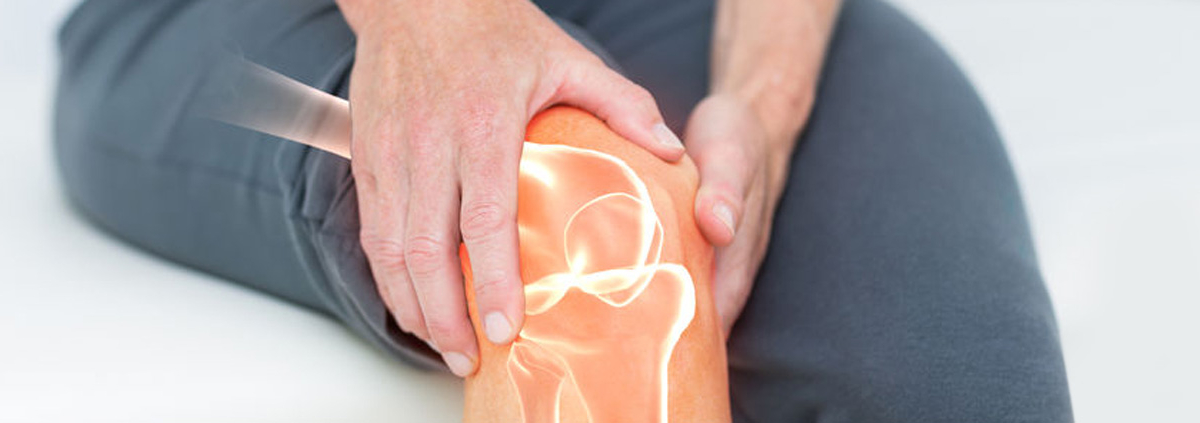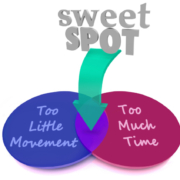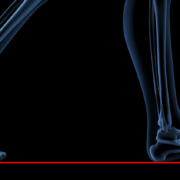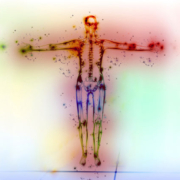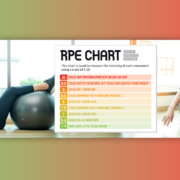It Gets Worse Before It Gets Better
In last month’s Memos, I talked about many different aspects of exercise including flexibility, strengthening, and the various types of fitness and stamina. There’s one more thing you need to know. But first, a story.
Paula has been having an issue with her ankle and foot. She got it checked out with her podiatrist, and it’s a problem with the tendons in her foot including the Achilles tendon. Yesterday we went to see our favorite physical therapist; he did a thorough examination of her foot, ankle, knee, and hips. He recommended some stretching and strengthening exercises as well as some non-impact aerobic exercise. He then said something important: everything may seem worse before it gets better.
I’m going to tell you the same thing as you attempt to work on your body to help you really live instead of merely being alive: you may feel worse before the work you invest begins to pay off and you start to feel better. That’s one reason I ask you to see your doctor before you begin, who’s familiar with your orthopedic issues as well as any conditions that can be impacted by exercise. That’s why you always check first.
If you can get professional help to help you get started, that’s even better—someone to help you choose the right exercises to fit your particular body and limitations. Get a referral to a good physical therapist or find a certified personal trainer with experience helping people who are less fit; you definitely don’t need one of the no-pain-no-gain goons. It doesn’t need to be a long-term relationship, just advice to help you get a good, safe start. And you can probably work out a routine to do at home if joining a gym isn’t your style, but a short-term membership may be helpful in determining which exercises and types of equipment are best for you. For example, don’t buy an exercise bike without trying different types.
For a while, you’ll probably feel worse, especially if it’s been years since you’ve worked on some of these muscles and joints. You may want to refer to the pain scale on drchet.com. Take it slow and let discomfort be your guide. If you overdo it and you’re in pain, back off, ice or heat and rest, and then get going again with a little more caution. After all, you want to live all your days. The work you put in will generate some satisfaction before you may feel the benefits. Better to take longer to get there than stop altogether. The good news is that once you get over that hump, and it may take many months, you’ll feel better than ever.
What are you prepared to do today?

